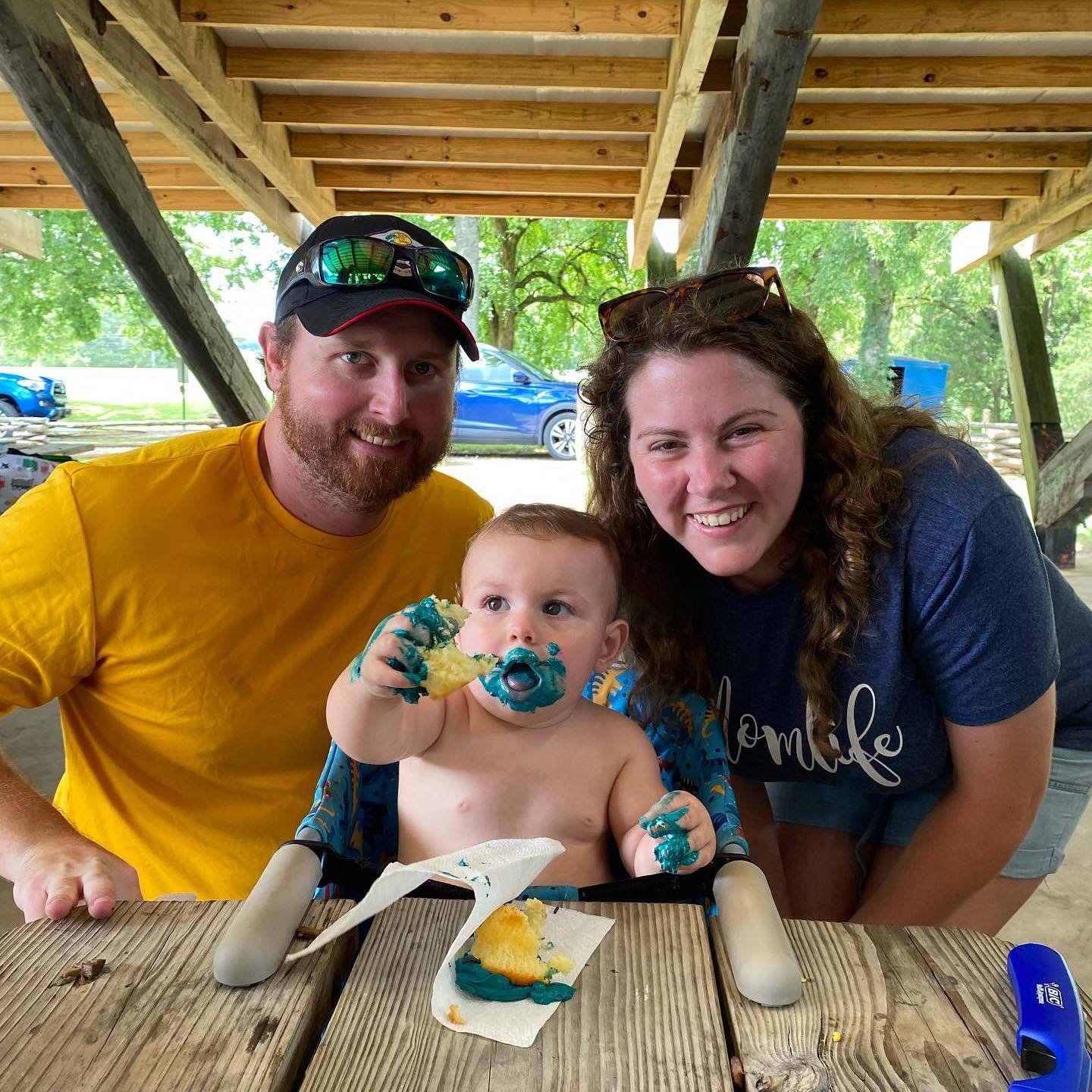Dopamine Menus for Summer Camp Staff: Boost Morale & Avoid Burnout
The TikTok algorithm recently blessed me with this amazing video about dopamine menus. I loved it. It got me thinking about all the conversations I've heard our members (and people in our debrief series) have about how we can support staff and help them with self-care. Camp directors I'm talking to want to prepare staff for when things get tough, when they feel burnout, when they need a break, when the mid-summer slump hits, and all the other not fun moments of camp. I think that's really important to do, and it's really hard.
Lists of self-care activities are a great start, and they can be overwhelming in the moment. Maybe I only have 5 minutes, and I look at my list, and it takes me 5 minutes to find something I can do in 5 minutes. My 5 minutes are then gone. OR I look at this big long list, and it seems just as overwhelming as everything else I have going on. THAT's where dopamine menus come in and make things a little easier.
Before we dive in — I want to acknowledge that I'm definitely not the first OR the most qualified to write about dopamine menus BUT I am going to give it a try with a camp lens. We put together some great examples during our coffee talk (thanks, CampBrain, for sponsoring it!) at our last TSCS retreat, so I'm sharing an overview, some of those examples, and how I think this could work at camp.
If you just want the staff training session and handout/template, you can skip the rest.
What Are Dopamine Menus?
Dopamine menus were popularized by Jessica McCabe of How to ADHD and Eric Tivers of ADHD reWired.
Now that we've got that attributed, here's the way I understand them: Dopamine menus are lists of activities that help release dopamine, which usually makes people happier and more motivated. There are tons of ways to get dopamine, but deciding what to do to get a dopamine hit can be overwhelming. Dopamine menus list things out by the amount of time they take, so it makes it really easy to say, "I've got 15 minutes, I can do xyz."
Here are the different "courses" and some examples of each:
- Starters - Things that take 10-15 minutes, like going on a short walk
- Quick walk
- Quick stretching
- Changing your location
- Gratitude journal
- Mains - Things that take about an hour, like playing a board game
- Exercise
- Cooking or baking
- Reading
- Going out with a friend
- Sides - Things you can do while doing something else, like listening to a playlist
- Listening to a podcast
- Coloring or drawing
- Knitting/crocheting
- Movement
- Desserts - Things that are good in moderation, like scrolling social media
- Binge watching shows
- Alcohol/drugs
- Special treats
- Specials - Things that take a while and happen infrequently, like vacation
- Concerts
- Buying something nice for you or someone else
- Trip to nearby waterfall, amusement park, etc.
- Salads - Things that you don’t really want to do but you know will make you feel good
- Workout
- Meal prepping
- This one was suggested by Makela Elvy
- Night Time Snacks - Things that help you wind down for the night, like staying off your phone
- Comfy PJs
- Facewashing routine
- Nighttime playlist
What Do Dopamine Menus Might Look Like at Camp
I think it's worth it to set 30ish (maybe 45?) minutes aside at staff training to give people the chance to make their own dopamine menus. We have a staff training session written up here you can use.
Beyond the staff training session, I think we can refer back to dopamine menus during camp. To be clear, I don't think that dopamine menus are the cure to burnout, camp being hard, mental health issues, etc. BUT I do think they can give us some common language to encourage and understand each other.
What I mean by this is that if a staff member comes to us and says they're feeling overwhelmed and need a break, we can ask something like, "Do you need a starter or a main?" This tells us how much time someone needs AND serves a reminder that they can take action to feel better (if they're feeling ready for that). Some other ways I think we could use this:
- Have a dopamine potluck through the summer. Ask different people to create different courses that they love and share them with other staff members.
- As a spin-off of this, you could have one person in charge of a main for each night (or other time) that everyone who's off is invited to.
- Cancel your staff meeting and tell people to go have a starter or dessert.
- Let staff know when they can have sides at camp. There are PROBABLY some activities at camp that staff can do a side during. Like during the talent show, they can probably color, draw, move, crochet, play their own playlist while acts change, etc. When we illuminate spaces and times that's okay, it's super helpful.
- Give staff time for one starter throughout the summer, no questions asked. It's essentially a half day off, and the chances of it falling all together are probably slim. I know it may take some figuring out, but I also think it's possible.
How else could you use this at camp?
I'd LOVE to hear! Comment or email me.
Resources
Want to have conversations like these in person?
We had this conversation at a TSCS Retreat. We'd love to have you at the next one!

Leave a Comment